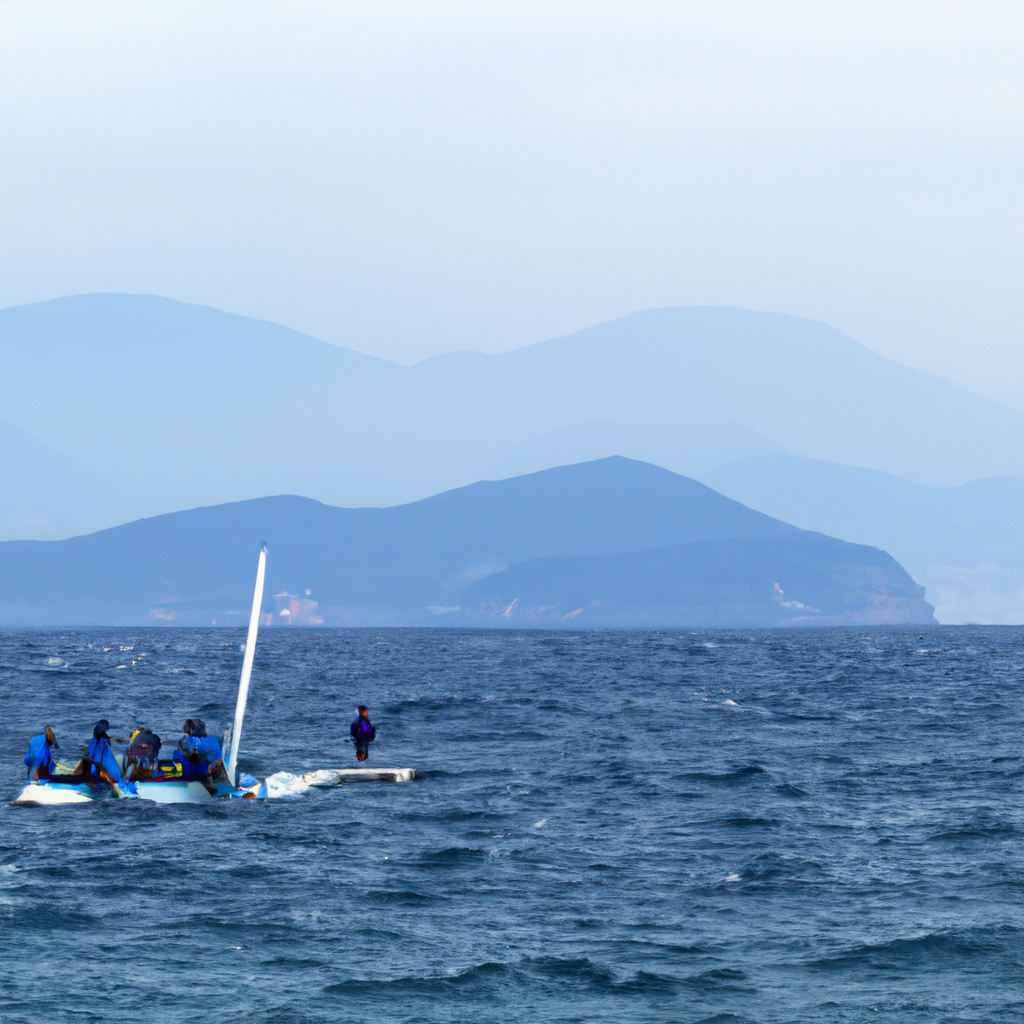Climate Change and its Influence on Water Sports: Impacts, Challenges and Adaptations

Climate change is an undeniable reality that is transforming our daily lives in countless ways. However, one of the least explored areas of this influence is how it is affecting water sports. This article will delve into the various ways in which global warming and climate changes are impacting water sports and competitions, from sailing to surfing, diving and beyond. In exploring the magnitude of this impact, we will also look at how participants in these sports are responding and adapting to these unprecedented challenges. From alterations in wind and wave patterns to the threat of more frequent and severe storms, environmental changes are changing the face of water sports like never before.
- 1. "Impact of Climate Change on Nautical Sports"
- 2. "How Global Warming is Changing the Face of Water Sports"
- 3. "The Effects of Climate Change on Water Sports Competitions"
- 4. "Adapting to the Challenges of Climate Change in Water Sports"
1. "Impact of Climate Change on Nautical Sports"
Climate change is significantly altering the water sports landscape. Rising global temperatures are causing glaciers to melt and sea levels to rise, affecting marine biodiversity and altering conditions for sailing and other water sports. Extreme weather events, such as more intense storms and hurricanes, also pose potential risks to water sports enthusiasts. In addition, changing ocean currents and wind patterns can make it more difficult to schedule and host water sports events. On the other hand, rising water temperatures can make some traditional water sports locations, such as sailing or surfing, less attractive or even unsafe. In short, climate change is posing significant challenges for water sports that require rapid adaptation and innovative solutions.
2. "How Global Warming is Changing the Face of Water Sports"
Global warming is dramatically changing the face of water sports. Rising temperatures are causing glaciers to melt and sea levels to rise, affecting water sports such as surfing, sailing and rowing. Warming oceans are also altering wave and wind patterns, which can change the conditions and locations of the best areas for water sports. Rising temperatures are also leading to more intense and frequent extreme weather events such as storms and hurricanes, putting the safety of water sports at risk. These changing climate conditions are forcing athletes and sports organisations to adapt and modify their practices and competitions.
3. "The Effects of Climate Change on Water Sports Competitions"
Climate change has had a significant impact on water sports competitions worldwide. On the one hand, rising water temperatures have caused disruptions to marine species and their ecosystems, which can directly impact the safety and experience of athletes. In addition, extreme weather conditions, such as stronger and more frequent storms, can lead to the cancellation or postponement of events, affecting not only competitors but also the economy of host cities. On the other hand, melting glaciers are changing river conditions, affecting whitewater sports such as kayaking and rafting. Finally, rising sea levels can flood coastal sports facilities and change beach conditions, which may require relocation of events and adaptation of sports infrastructure.
4. "Adapting to the Challenges of Climate Change in Water Sports"
Despite the challenges that climate change poses to water sports, it is encouraging to see that both enthusiasts and professionals in these disciplines are looking for ways to adapt to these new conditions. Various strategies are being implemented, from modifying sports seasons to transforming training practices to minimise their impact on the environment. Sailing competitions, for example, are now seeking routes that are less susceptible to extreme weather conditions. In addition, many sports organisations are advocating for greater awareness of climate change and promoting more sustainable practices, such as the use of boats powered by renewable energy. By adapting to these challenges, water sports can not only survive, but also play an active role in the fight against climate change.
